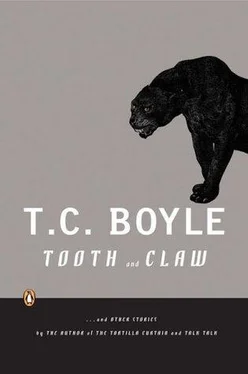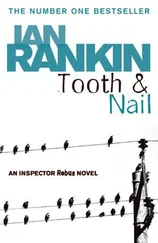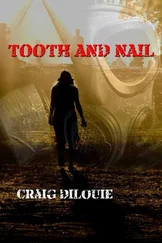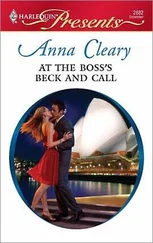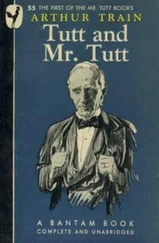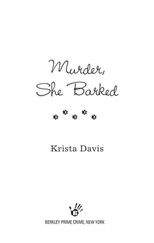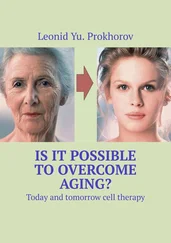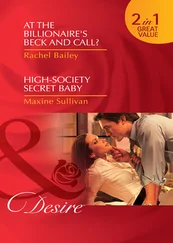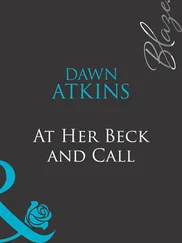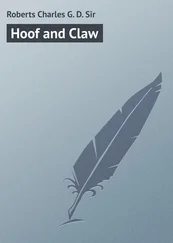It seemed that when John Longworth wasn’t out “taking measurements” or inspecting the teeth, eyes, pelt and tongue of every creature he could trap, coerce or pin down, he was lecturing the ranch hands, the smith and the household help on the grisly fate that awaited them. They were doomed, he told them — all of mankind was doomed and the drop of that doom was imminent — and if they valued the little time left to them they would pack up and move north, north to Puerto Montt or Concepción, anywhere away from the poisonous hole in the sky. And those spots on their hands, their throats, between their shoulderblades and caught fast in the cleavage of their breasts, those spots were cancerous or at the very least pre-cancerous. They needed a doctor, a dermatologist, an oncologist. They needed to stay out of the sun. They needed laser surgery. Sunblock. Dark glasses. (The latter he provided, out of a seemingly endless supply, and the credulous fools, believers in the voodoo of science, dutifully clamped them to their faces.) The kitchen staff was threatening a strike and Crispín Mansilla, who looks after the automobiles, had been so terrified of an open sore on his nose that he’d taken his bicycle and set out on the road for Punta Arenas two days previous and no one had heard from him since.
But worse, far worse. Slobodan Abarca confided something to me that made the blood boil in my veins, made me think of the braided bullhide whip hanging over the fireplace and the pearl-handled dueling pistols my grandfather had once used to settle a dispute over waterfowl rights on the south shore of Lake Castillo: Mr. John Longworth had been paying his special attentions to my daughter. Whisperings were overheard, těte-à-tětes observed, banter and tomfoolery taken note of. They were discovered walking along the lakeshore with their shoulders touching and perhaps even their hands intertwined (Slobodan Abarca couldn’t be sure, what with his failing eyes), they sought each other out at meals, solemnly bounced the basketball in the courtyard and then passed it between them as if it were some rare prize. He was thirty if he was a day, this usurper, this snout, this Mr. John Longworth, and my Paloma was just out of the care of the nuns, an infant still and with her whole life ahead of her. I was incensed. Killing off the natural world was one thing, terrifying honest people, gibbering like a lunatic day and night till the whole estancia was in revolt, but insinuating himself in my daughter’s affections — well, this was, quite simply, the end.
I stalked up the hill and across the yard, blind to everything, such a storm raging inside me I thought I would explode. The wind howled. It shrieked blood and vengeance and flung black grains of dirt in my face, grains of the unforgiving pampas on which I was nurtured and hardened, and I ground them between my teeth. I raged through the house and the servants quailed and the children cried, but Mr. John Longworth was nowhere to be found. Pausing only to snatch up one of my grandfather’s pistols from its velvet cradle in the great hall, I flung myself out the back door and searched the stables, the smokehouse, the generator room. And then, rounding the corner by the hogpen, I detected a movement out of the corner of my eye, and there he was.
Ungainly as a carrion bird, the coat ends tenting round him in the wind, he was bent over one of the hogs, peering into the cramped universe of its malicious little eyes as if he could see all the evil of the world at work there. I confronted him with a shout and he looked up from beneath the brim of his hat and the fastness of his wraparound glasses, but he didn’t flinch, even as I closed the ground between us with the pistol held out before me like a homing device. “I hate to be the bringer of bad news all the time,” he called out, already lecturing as I approached, “but this pig is in need of veterinary care. It’s not just the eyes, I’m afraid, but the skin too — you see here?”
I’d stopped ten paces from him, the pistol trained on the nugget of his head. The pig looked up at me hopefully. Its companions grunted, rolled in the dust, united their backsides against the wind.
“Melanoma,” he said sadly, shaking his visored head. “Most of the others have got it too.”
“We’re going for a ride,” I said.
His jaw dropped beneath the screen of the glasses and I could see the intricate work of his front teeth. He tried for a smile. “A ride?”
“Your time is up here, señor ,” I said, and the wind peeled back the sleeve of my jacket against the naked thrust of the gun. “I’m delivering you to Estancia Braun. Now. Without your things, without even so much as a bag, and without any goodbyes either. You’ll have to live without your basketball hoop and sunblock for a few days, I’m afraid — at least until I have your baggage delivered. Now get to your feet — the plane is fueled and ready.”
He gathered himself up then and rose from the ground, the wind beating at his garments and lifting the hair round his glistening ears. “It’ll do no good to deny it, Don Bob,” he said, talking over his shoulder as he moved off toward the shed where the Super Cub stood out of the wind. “It’s criminal to keep animals out in the open in conditions like these, it’s irresponsible, mad — think of your children, your wife. The land is no good anymore — it’s dead, or it will be. And it’s we who’ve killed it, the so-called civilized nations, with our air conditioners and underarm deodorant. It’ll be decades before the CFCs are eliminated from the atmosphere, if ever, and by then there will be nothing left here but blind rabbits and birds that fly into the sides of rotting buildings. It’s over, Don Bob — your life here is finished.”
I didn’t believe a word of it — naysaying and bitterness, that’s all it was. I wanted to shoot him right then and there, on the spot, and have done with it — how could I in good conscience deliver him to Don Benedicto Braun, or to anyone, for that matter? He was the poison, he was the plague, he was the ecological disaster. We walked grimly into the wind and he never stopped talking. Snatches of the litany came back to me — ultraviolet, ozone, a hole in the sky bigger than the United States — but I only snarled out directions in reply: “To the left, over there, take hold of the doors and push them inward.”
In the end, he didn’t fight me. He folded up his limbs and squeezed into the passenger seat and I set aside the pistol and started up the engine. The familiar throb and roar calmed me somewhat, and it had the added virtue of rendering Mr. John Longworth’s jeremiad inaudible. The wind assailed us as we taxied out to the grassy runway — I shouldn’t have been flying that afternoon at all, but as you can no doubt appreciate, I was a desperate man. After a rocky takeoff we climbed into a sky that opened above us in all its infinite glory but which must have seemed woefully sad and depleted to my passenger’s degraded eyes. We coasted high over the wind-whipped trees, the naked rock, the flocks whitening the pastures like distant snow, and he never shut up, not for a second. I tuned him out, let my mind go blank, and watched the horizon for the first weathered outbuildings of Estancia Braun.
They say that courtesy is merely the veneer of civilization, the first thing sacrificed in a crisis, and I don’t doubt the truth of it. I wonder what became of my manners on that punishing wind-torn afternoon — you would have thought I’d been raised among the Indians, so eager was I to dump my unholy cargo and flee. Like Don Pablo, I didn’t linger, and I could read the surprise and disappointment and perhaps even hurt in Don Benedicto’s face when I pressed his hand and climbed back into the plane. “Weather!” I shouted, and pointed to the sky, where a wall of cloud was already sealing us in. I looked back as he receded on the ground beneath me, the inhuman form of Mr. John Longworth at his side, long arms gesticulating, the lecture already begun. It wasn’t until I reached the verges of my own property, Estancia Castillo stretched out beneath me like a worn carpet and the dead black clouds moving in to strangle the sky, that I had my moment of doubt. What if he was right? I thought. What if Manuel Banquedano truly was riddled with cancer, what if the dog had been blinded by the light, what if my children were at risk? What then?
Читать дальше
